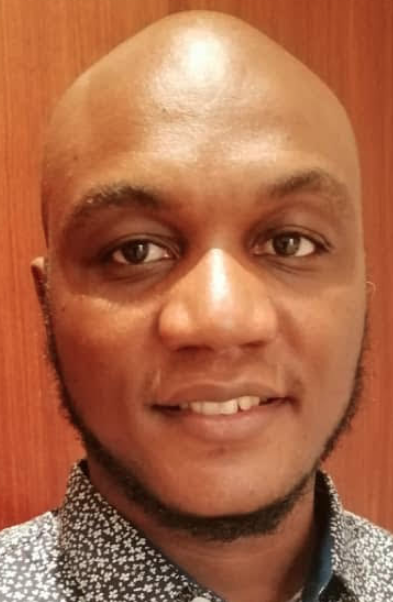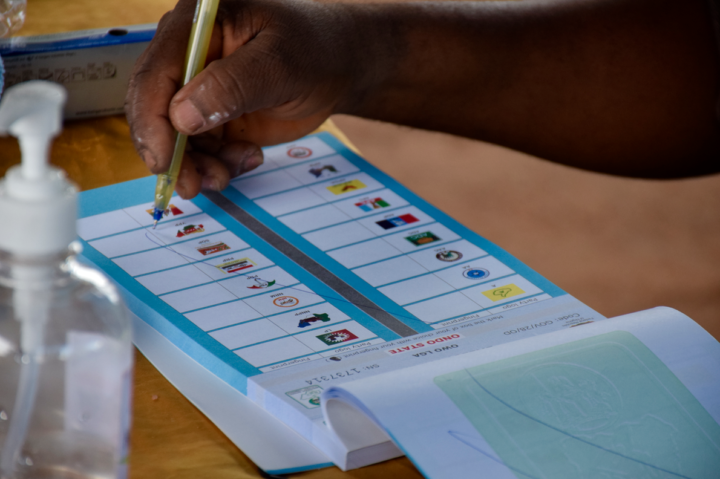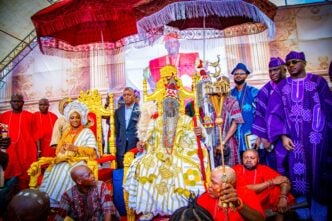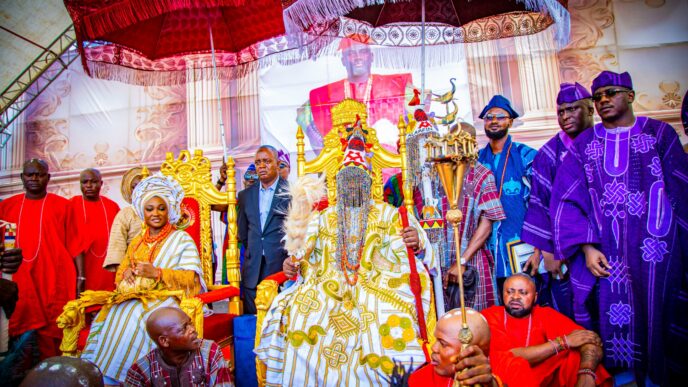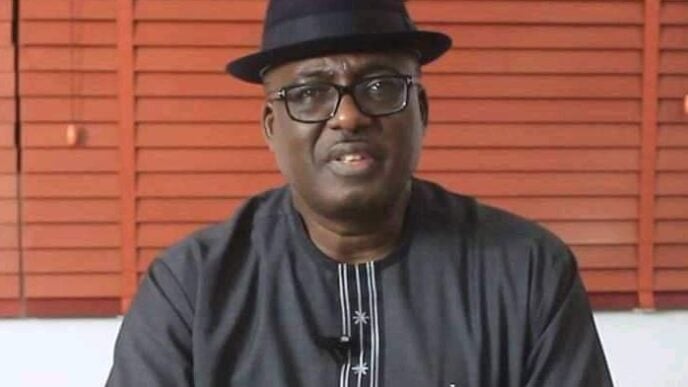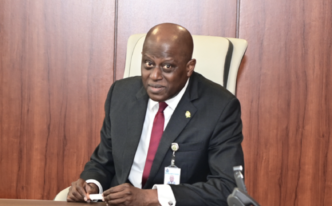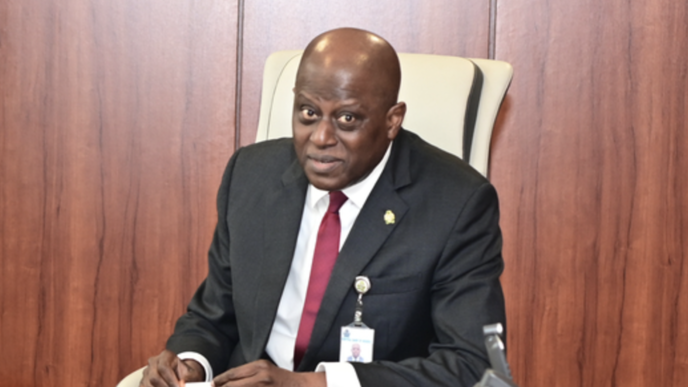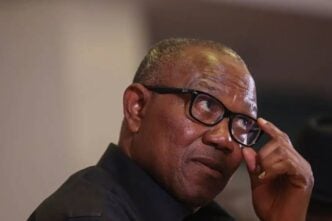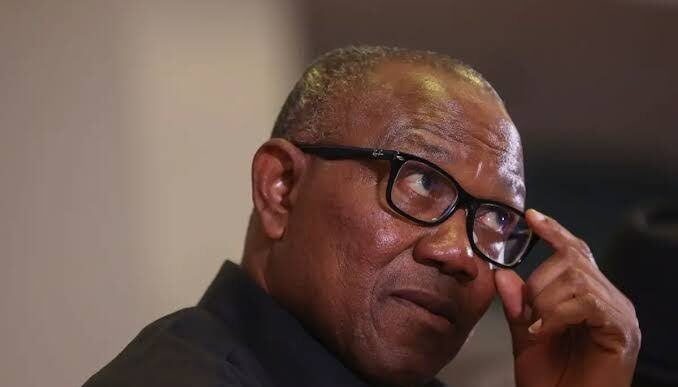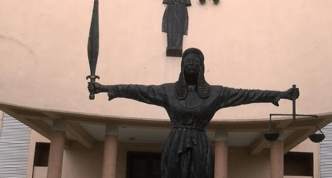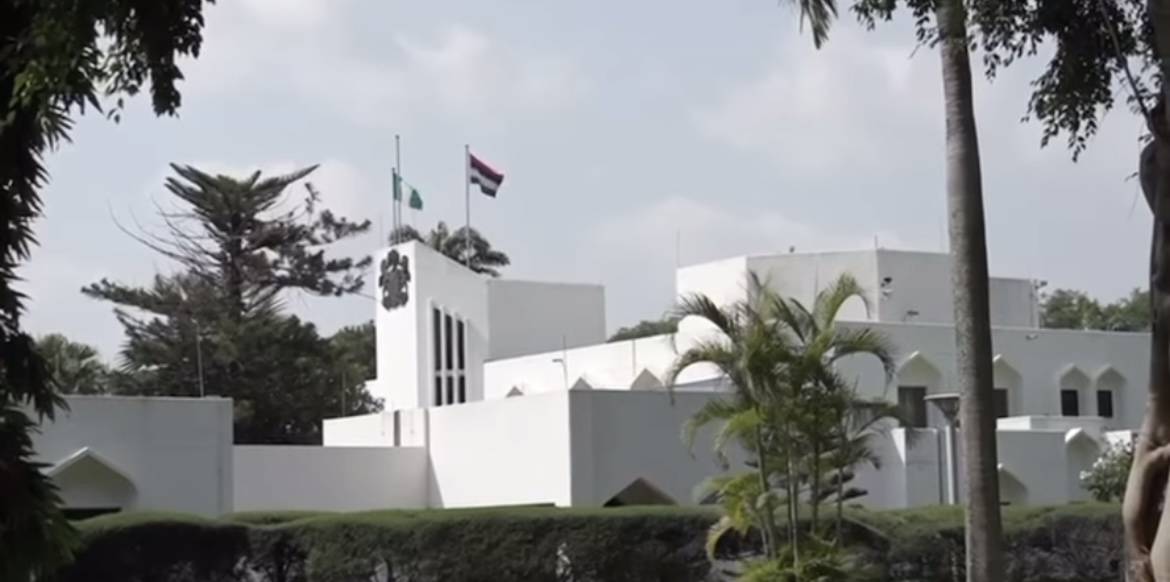Nigeria’s political landscape is being reshaped before our very eyes. The chess pieces are moving across the board with calculated precision, as defections sweep across the nation like wildfire in the harmattan season.
Make no mistake about it – we’re witnessing a high-stakes power play that threatens the very fabric of our democratic experiment.
Last month, Delta state governor Sheriff Oborevwori shocked the nation by defecting with his entire cabinet to the ruling All Progressives Congress (APC). As if that wasn’t dramatic enough, Delta lawmakers in the House of Representatives followed suit, effectively turning a PDP stronghold since 1999 into a one-party state overnight. The political tsunami didn’t end there.
There is a brewing coalition led by former Vice President Atiku Abubakar and former Kaduna state governor Nasir el-Rufai, purportedly aimed at unseating President Bola Tinubu come 2027. Presidential spokesman Daniel Bwala dismissively labelled these coalitions as mere “hallucinations,” insisting no credible political figure has endorsed such a move. But we know better, don’t we?
Advertisement
On the other side of the chessboard, President Tinubu isn’t sitting idly by. Sources close to the presidency reveal that at least five governors are poised to join Tinubu’s camp. It’s now a battle of coalitions – a political arms race where the currency is loyalty and the prize is power.
Have we paused to consider what this means for governance? While our politicians are busy playing musical chairs, the business of actual governance has been unceremoniously shoved aside. The media space is saturated with defection stories while pressing national issues gather dust on the shelf of neglect.
Nasarawa state governor Abdullahi Sule attempted to calm frayed nerves when he said, “We don’t even want Nigeria to be a one-party state. We just want to be the dominant party. If we can win 90 percent of the votes, that’s okay.” Let that sink in for a moment. A 90-10 split is what the APC considers healthy democracy. If that doesn’t set alarm bells ringing, I don’t know what will.
Advertisement
Former President Goodluck Jonathan, speaking at the memorial lecture for the late Edwin Clark, warned that creating a one-party state “through the backdoor by political manipulations” would inevitably lead to crisis.
He reminded us that while some countries have adopted single-party systems, those were meticulously designed with clear national objectives in mind – not cobbled together through opportunistic defections.
“Yes, countries have practiced a one-party system. It may not be evil after all,” Jonathan noted, citing Julius Nyerere of Tanzania who used a one-party state to stabilize the country in their early days of independence.
But there’s a world of difference between a carefully planned system and the chaotic power grab we’re witnessing.
Advertisement
The opposition coalition thinking that hardship caused by economic reforms is enough to unseat Tinubu in 2027 is engaging in wishful thinking of the highest order. Have we learned nothing from our political history?
Performance in office is just one factor in Nigeria’s complex electoral equation. Religion, ethnicity, party loyalty, and financial muscle play equally significant, if not more decisive, roles.
Let’s be brutally honest here: ethnicity and religion remain the twin towers that dominate our political skyline. After former President Muhammadu Buhari’s eight years, there’s an expectation that the south should have its eight years at the helm. We’re not yet politically mature enough to say our president can come from anywhere.
The opposition coalition must factor this reality into their calculations. Presenting Atiku, a Fulani northerner like Buhari, would be dead on arrival. They should abandon that notion if they’re serious about wresting power from Tinubu.
Advertisement
What’s particularly disheartening is the cowardice displayed by our politicians. Most can’t survive outside the corridors of power or without aligning with the center. That’s why the opposition is gradually withering away – they lack the backbone to stay the course and build a formidable alternative.
Ironically, President Tinubu himself was in opposition from 1999 to 2015, and his patience eventually paid dividends. Some of our faint-hearted politicians could learn a thing or two from his playbook. Politics isn’t a sprint; it’s a marathon that rewards endurance and strategic patience.
Advertisement
The real victims in this political chess game are the Nigerian people. While politicians calculate their next moves, the citizenry watches helplessly as their interests are sacrificed on the altar of political expediency. The opposition’s inability to provide a credible alternative forces voters into a Hobson’s choice – either vote for the dominant party or waste your ballot on fragmented opposition parties with little chance of victory.
Democracy thrives on competition. When one party becomes too dominant, accountability suffers, corruption flourishes, and governance deteriorates. The APC’s apparent strategy to absorb opposition figures isn’t just about strengthening their ranks – it’s about systematically dismantling any meaningful opposition. This should concern every Nigerian who values democratic principles.
Advertisement
As we approach 2027, we must ask ourselves: do we want a vibrant democracy with robust debate and genuine alternatives, or are we content with a pseudo-democratic one-party state?
The battle of coalitions we’re witnessing isn’t just about political survival; it’s about the soul of Nigerian democracy.
Advertisement
Our politicians need to develop some spine and stay to build the opposition instead of always running to the party at the centre at the first sign of political headwinds. After all, democracy isn’t a spectator sport – it demands active, principled participation from all stakeholders. The alternative is too grim to contemplate.
Views expressed by contributors are strictly personal and not of TheCable.
